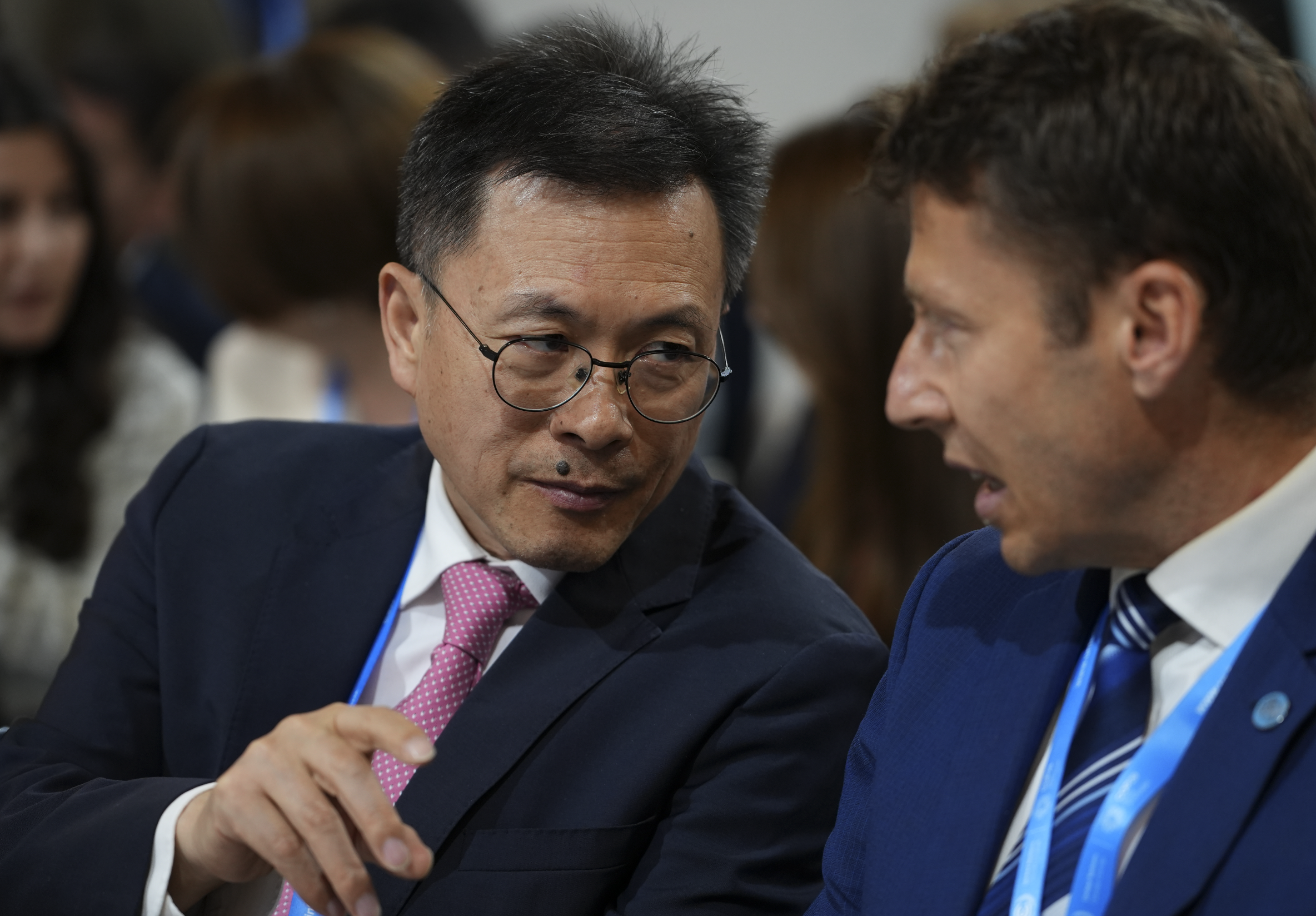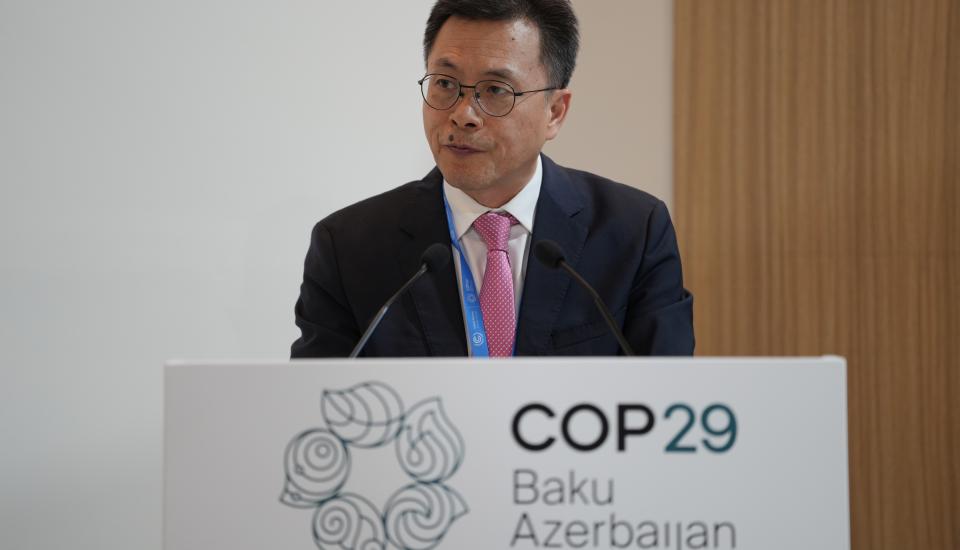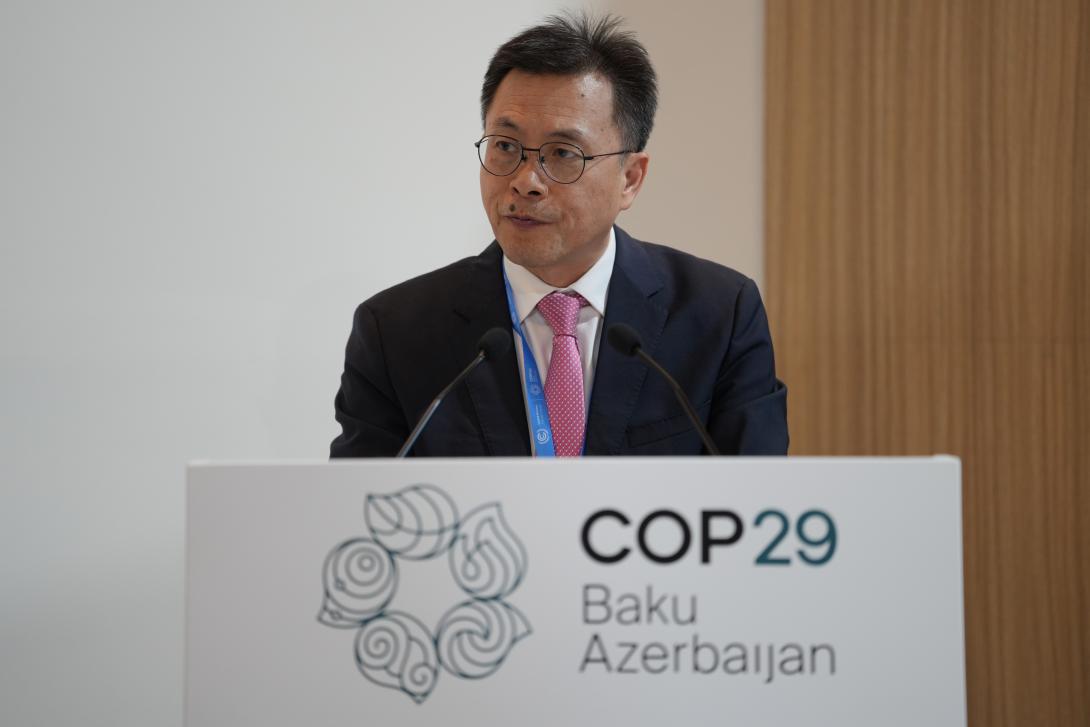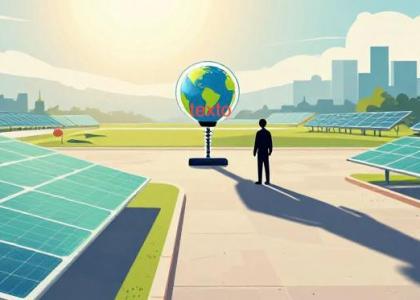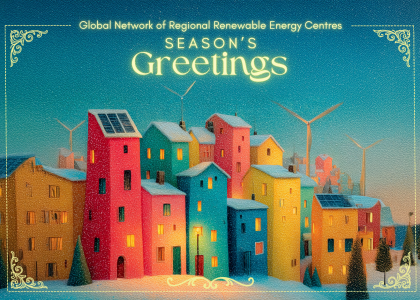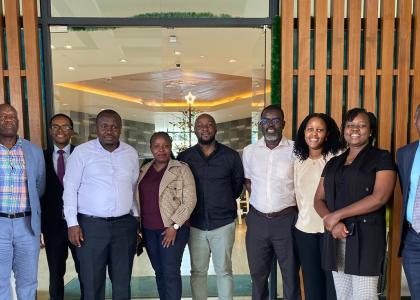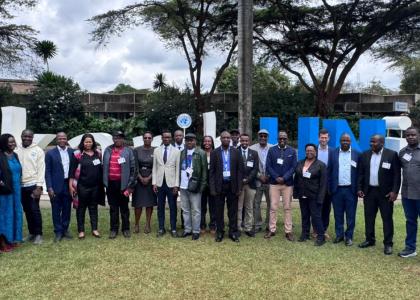The Clean Energy Centre for the ECO Region (CECECO) was kickstarted during COP29 in Baku, Azerbaijan. This landmark initiative, led by the Economic Cooperation Organization (ECO), UNIDO, and the Government of Azerbaijan, signifies a pivotal step toward advancing sustainable energy in the ECO region. CECECO aims to enhance regional energy security, expand sustainable energy access, and drive climate action. By integrating into UNIDO’s Global Network of Regional Sustainable Energy Centres (GN-SEC), it will support innovations, capacity-building, and investments aligned with Sustainable Development Goals.
A centerpiece of CECECO’s agenda is the establishment of Green Energy Zones and Corridors, part of a broader global energy transformation strategy unveiled during COP29. These corridors aim to reconfigure renewable energy supply chains, stimulate regional manufacturing hubs, and create jobs that enable a just energy transition. This initiative complements other ambitious pledges introduced by the COP29 Action Agenda on Energy, which collectively seek to triple global renewable energy capacity and double energy efficiency by 2030.
Pledges Driving Energy Transformation
Energy Storage and Grids: This pledge envisions deploying 1,500 GW of energy storage by 2030, representing a sixfold increase from 2022 levels. It also includes adding or modernizing over 80 million kilometers of grid infrastructure by 2040 to support the expanding renewable energy landscape.
Scaling Hydrogen Technologies: The hydrogen pledge focuses on replacing fossil fuel-based hydrogen with renewable and low-carbon alternatives. It aims to drive demand across industries, transitioning to sustainable practices and fostering innovation in hydrogen technologies.
Green Energy Zones and Corridors: These zones will optimize the renewable energy supply chain, ensuring localized production, regional collaboration, and job creation. The initiative strengthens the framework for sustainable development and economic diversification in participating regions.
UNIDO’s Role and Broader Collaboration
UNIDO has emerged as a key enabler of these initiatives, fostering partnerships with organizations like UNECE, UNESCAP, IEA, and IRENA. As addressed at the High-Level Ministerial Meeting on COP29 Energy Initiatives, Mr. Ciyong Zou, Deputy Director General of UNIDO, highlighted the importance of regional cooperation and the localization of renewable supply chains. Through programs like the Industrial Deep Decarbonization Initiative (IDDI) and the GN-SEC platform, UNIDO is driving industrial decarbonization and ensuring actionable outcomes from COP29’s pledges.
Support for these transformative pledges spans both governmental and non-governmental stakeholders, including nations like Australia, Germany, and Türkiye, alongside key non-state actors like the Global Renewables Alliance. The collective efforts are set to catalyze a new era of sustainable energy, positioning regions to lead the global transition toward a greener, more resilient future.
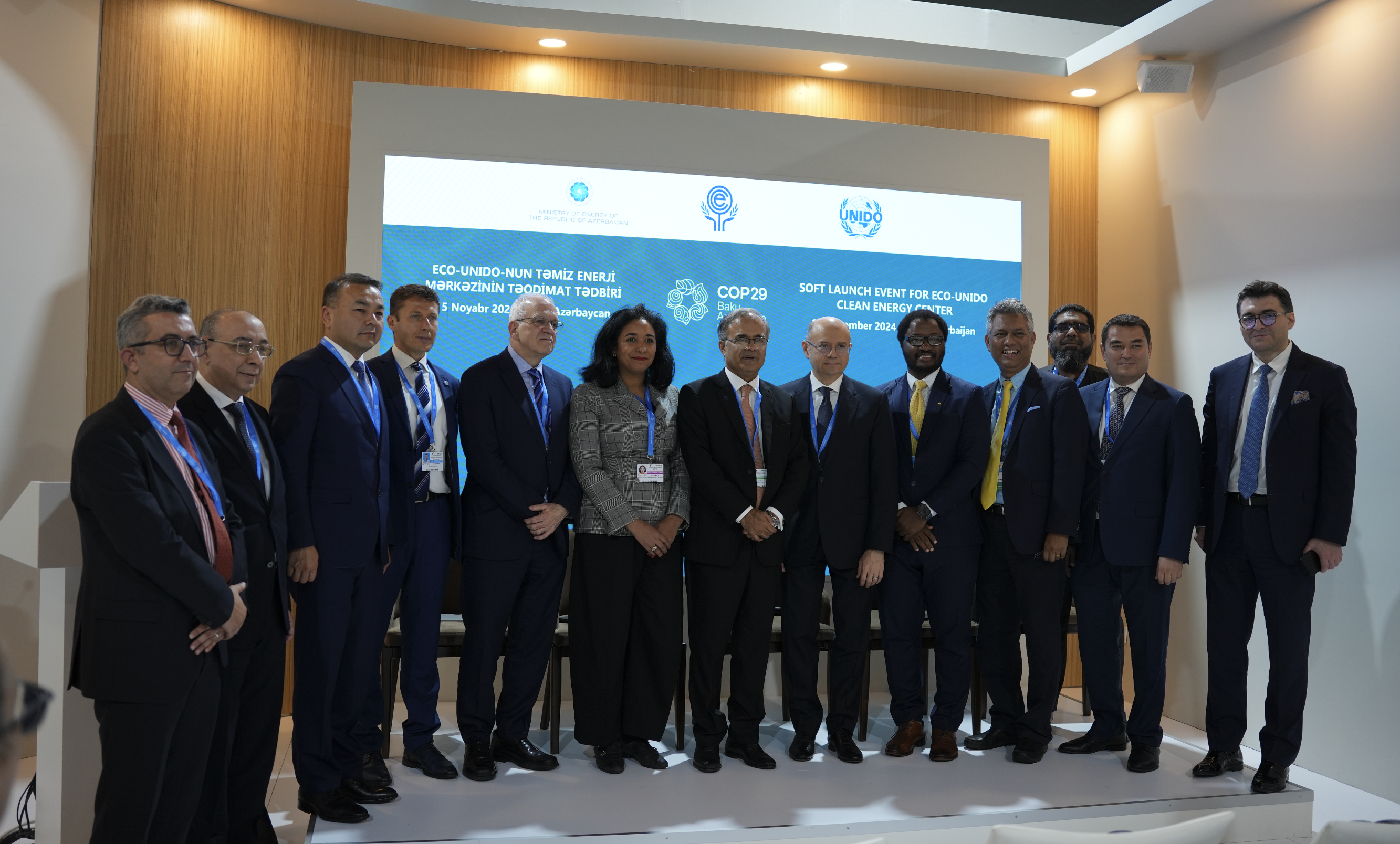
Conclusion
The launch of CECECO and the introduction of Green Energy Zones and Corridors underline a commitment to transformative, inclusive energy solutions. By integrating cutting-edge technologies, fostering regional collaboration, and leveraging international support, these initiatives hold the promise of accelerating the global transition to renewable energy while ensuring equitable and sustainable outcomes for all.
